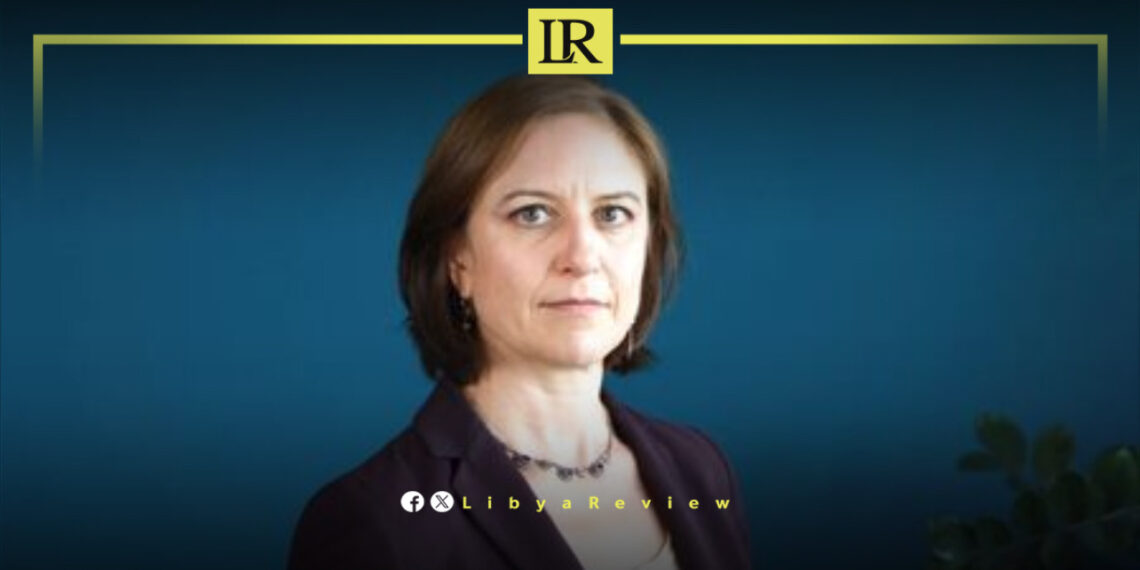British Human Rights Ambassador Eleanor Sanders has urged Libya to adopt clear legislative measures aimed at national reconciliation and the protection of women and girls.
Her statement was delivered during the 60th session of the United Nations Human Rights Council, currently taking place in Geneva.
In her address, Sanders voiced concern over what she described as a shrinking civic space in Libya. She highlighted reports of reprisals against civil society organizations, restrictions on youth-led initiatives, and growing pressure on human rights defenders. These developments, she noted, undermine democratic progress and civil freedoms.
Sanders drew particular attention to the challenges faced by women and girls in Libya, citing ongoing discrimination and incidents of gender-based violence. She also condemned the mistreatment of migrants and the spread of misleading information that distorts their situation and fuels xenophobia.
The ambassador called on Libyan authorities to permit international humanitarian and non-governmental organizations to operate within the country, in accordance with international humanitarian law and national regulations. Such access, she argued, is essential for delivering critical services to the most vulnerable groups.
In addition, she urged Libya to shut down all unofficial detention centers, which have been linked to serious human rights violations, including arbitrary detention, abuse, and lack of oversight.
Sanders emphasized the urgent need for Libya to pass laws that support reconciliation, protect women’s rights, and lay the groundwork for a comprehensive and victim-centered transitional justice process. Only then, she argued, can the country move toward lasting peace, stability, and accountability.
The UK’s message at the Human Rights Council reinforces international calls for legal and institutional reform in Libya, especially in areas concerning civil society, justice, and the rights of women and marginalized communities.


